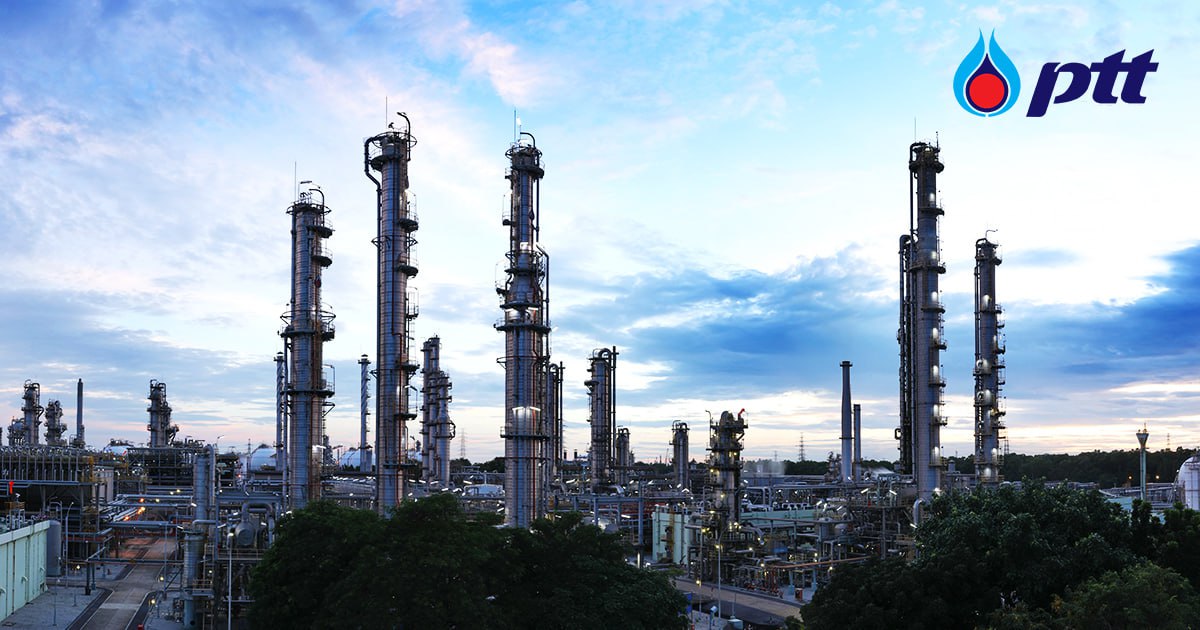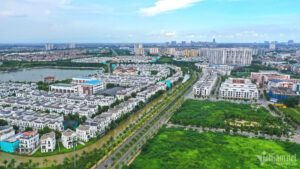PTT Oil and Retail Business (OR) has announced it is investing 8 billion baht to expand its business interests abroad, as it sets out to boost the company’s competitiveness in the global market.
CEO Disathat Panyarachun said on Wednesday that the company is focusing on expanding PTT Stations and Café Amazon branches in Laos, Cambodia, Vietnam and the Philippines, adding that Cambodia is generating the highest revenue for the company, followed by the Philippines and Laos.
“OR has allocated 8 billion baht for expansion in these areas over the five years from 2024 to 2028, accounting for 12 per cent of total investment. This reflects our commitment to ensuring sustainable growth in the global market,” he said.
Particular attention is being paid to Cambodia, which OR considers its second home. He said Cambodia has the potential to support its subsidiary Thai Oil, whose oil refinery capacity would increase from 260,000 barrels to 400,000 barrels a day over the next two years.
“Cambodia does not have oil refineries so it has to import fuel,” he said, adding that the company will focus on investment in fuel depots and jet fuel to meet demand.
Increased investment is also planned in Myanmar, which is regarded as having significant retail potential. However, the company is adjusting its business strategy in the Chinese market due to the high level of competition.
Another investment project is the Amazon Park in Lampang province, which will promote Café Amazon in the global market and serve both as a facility for research and development of coffee plants and as a venue for hosting world coffee events to boost awareness among entrepreneurs and students, along with generating income for Lampang residents.
The company’s board will survey a 600-rai plot in Lampang in September and submit an investment proposal in October, he explained. He expects the park to open within two years.
The company has prepared to sell its carbon credits generated from the coffee
production process to meet the global commitment of achieving net-zero by 2050, he added.
Source: The Nation




